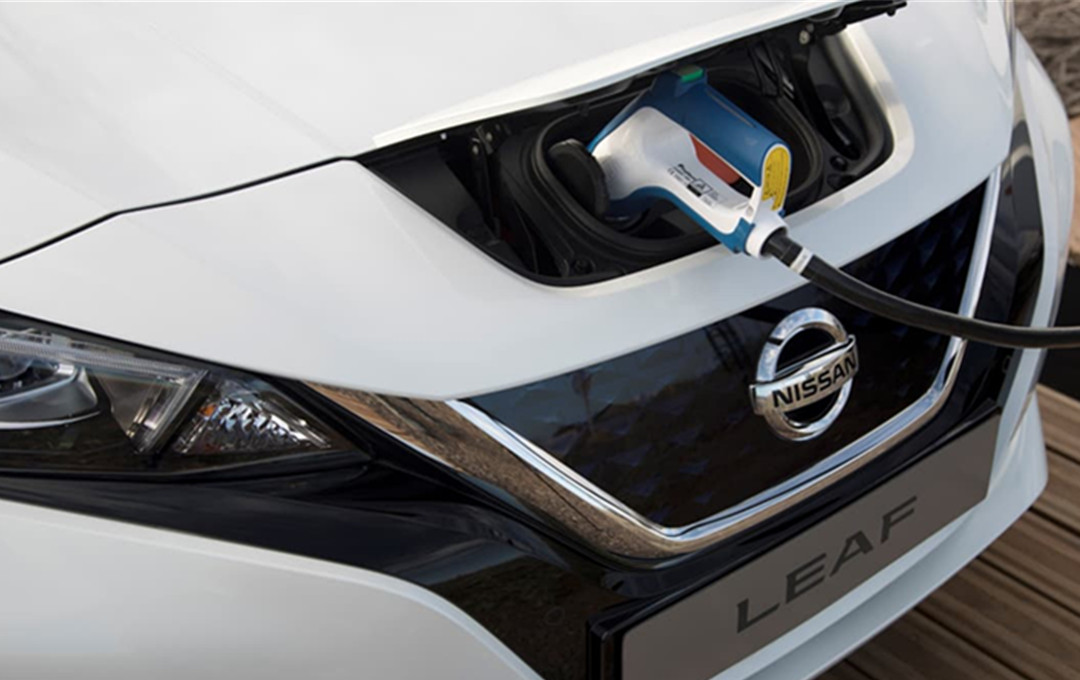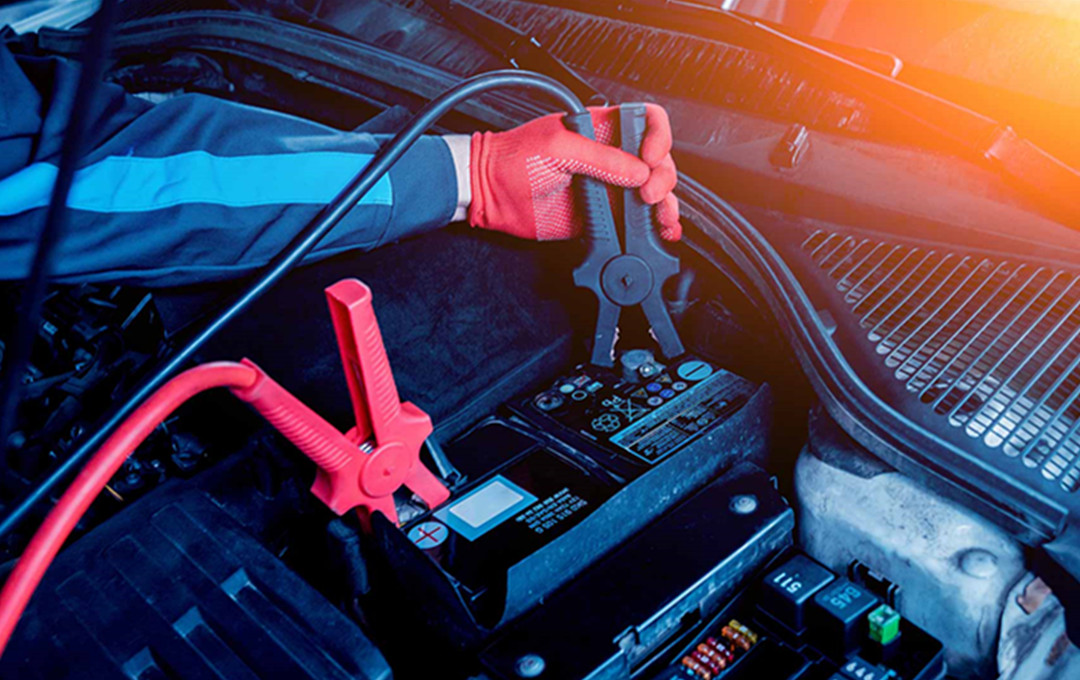What You Need To Know About Car Batteries
The car battery is the core of the electrical system. It is what powers the engine to start and without a battery, you could not use your car. On average, a car battery lasts for around 3 to 5 years. Its lifespan can vary depending on how you drive and the quality of the battery.
One of the most important functions of a car battery is starting the engine. The engine has an engine started which is a device that turns the pistons. That device requires a lot of power to turn the engine which is why a car battery is a design to be able to discharge a large quantity of energy in short bursts. It cannot discharge that same high amp power for more than a few seconds.
Another important role of the car battery is to power everything inside the car. This means that it powers light bulbs, the car computer, the infotainment system, the speakers, sensors, and everything else inside the car that requires electricity. When the car engine is running it also turns something called an alternator.

The alternator generates power but does not provide power to any electrical component. The only role of the alternator is to charge the car battery. Even with the alternator running, the battery will be the one supplying everything with electricity.
Like any battery, the car battery will decay over time. This can be easy to notice, especially on petrol engines. You will notice that lights will begin to flicker when turning the steering wheel. The lights will flicker slightly even with a new battery but as the battery ages, the flickering intensifies. Another symptom is how the car starts.
If the car starts instantly without even having to turn the key completely, the battery is in good shape. For diesel cars, a bad battery will just die without any warning. Diesel engines take more power to start and when the car battery starts to decay, it will suddenly stop being capable of starting the engine.

